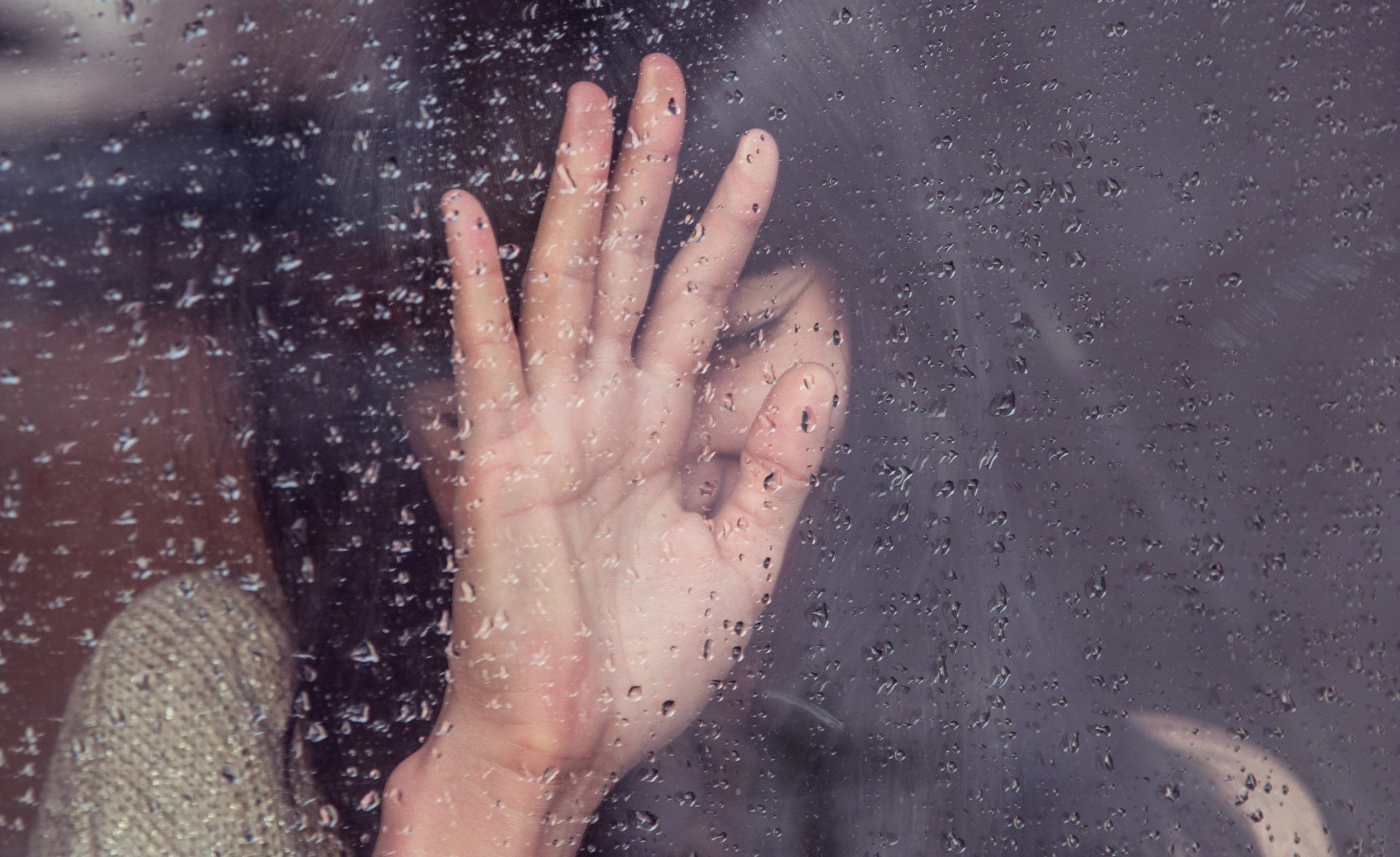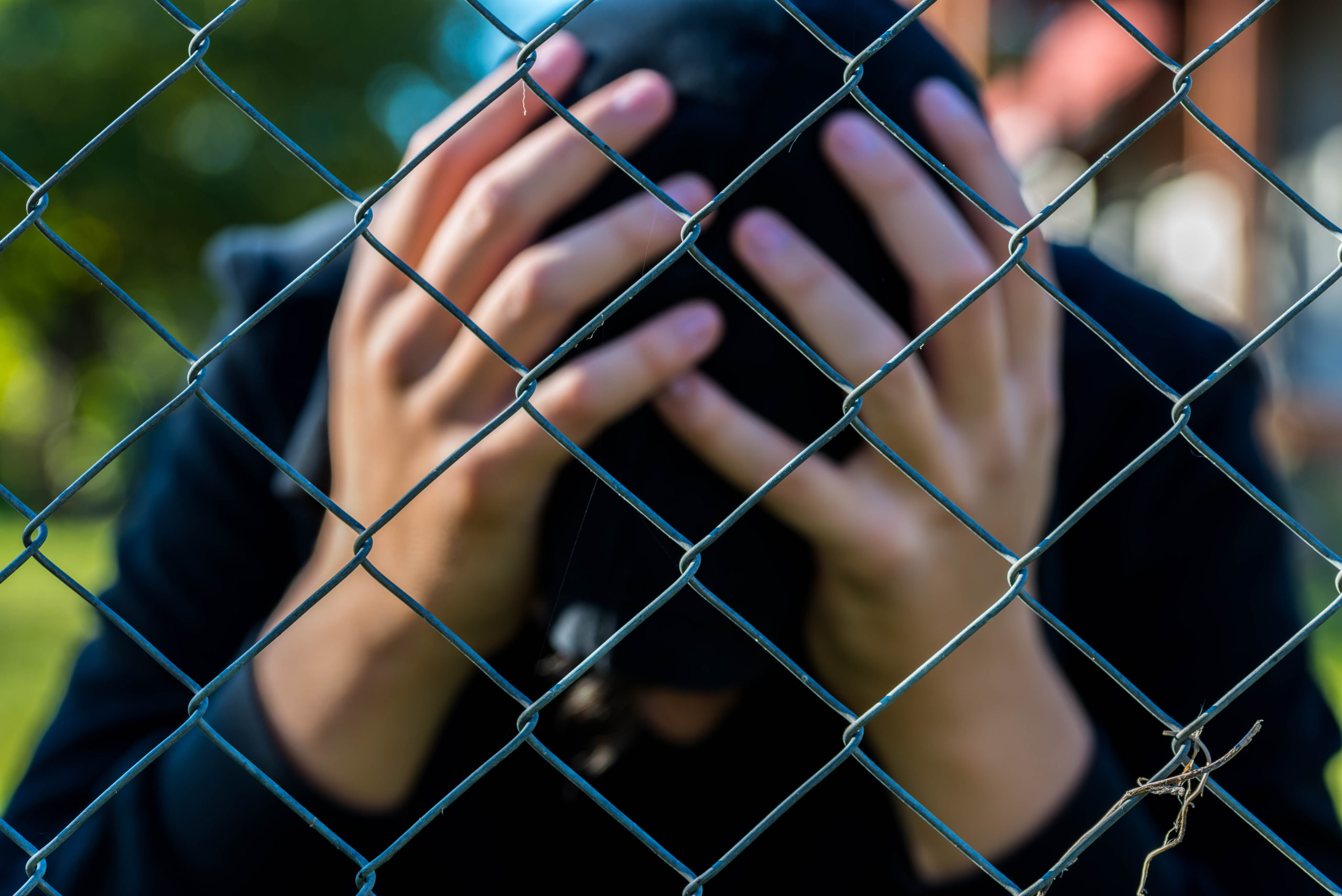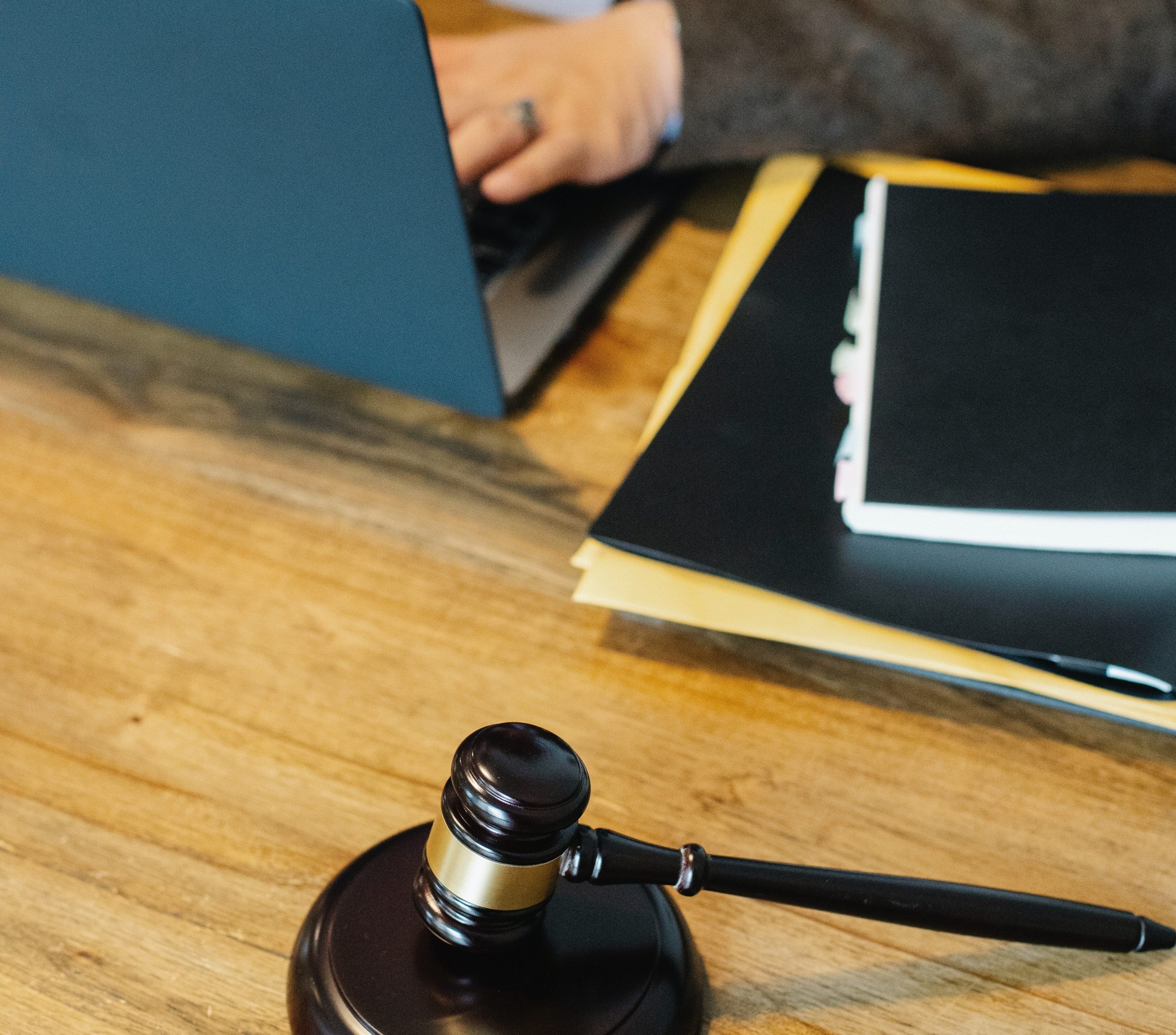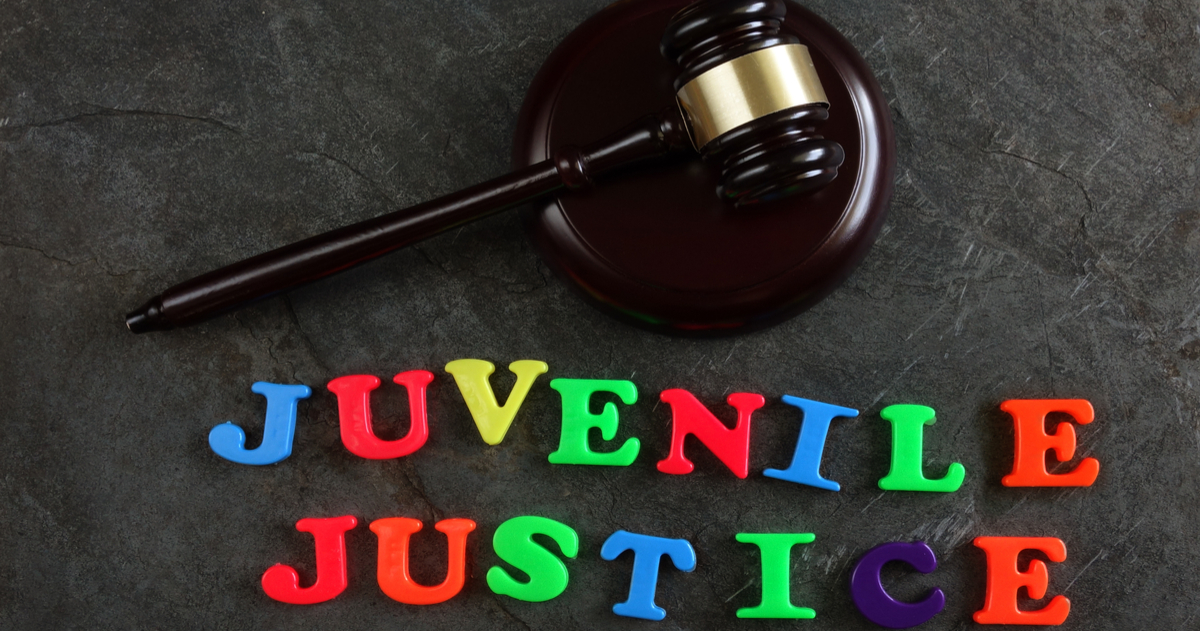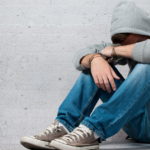25,710. That’s the number of juvenile arrests made in 2020, according to the Juvenile Justice in California 2020 Report. Of those, 46.4 percent were arrested for a misdemeanor and 44.1 percent were arrested for a felony. As stated in a previous blog, the most common cases I run into as a juvenile defense lawyer are those involving fights, knives, guns, drugs/alcohol, robbery, and sex offenses. Petty theft and vandalism are also common.
As a parent, protecting your children, guiding them to make good decisions, and seeing them live fulfilling lives is what truly matters to you most. So, when your child has been charged with a crime, it’s a tough moment to say the least!
You’re likely feeling some combination of shock, worry, and uncertainty about where to turn. You fear the worst. Fortunately, not only are you far from alone, but your child is still changing and developing, with plenty of time for personal growth. The proper defense can help you both mitigate the consequences and find rehabilitative opportunities to ensure their bright future.
THE DEVELOPING MIND AND COMMON CAUSES BEHIND CRIMES
The juvenile justice system focuses on rehabilitation instead of punishment because it’s a well-studied fact that a child’s brain is still developing.
Children’s brains are just different, and understanding that can help you and your child take comfort in the fact that a mistake now does not define their future. A juvenile delinquent charge does not mean they are a bad kid or that they’re involved in a gang or other group not in their best interest. Even if the latter were true, it isn’t a reflection of who your child is as a person.
Keep in mind that on top of development, children are up against peer pressure, hormonal changes, and learning important things about how to deal with the world. Trauma also often plays a role, and 90% of juvenile detainees have reported at least one adverse childhood experience (ACE).
Let’s take a step back and review the most common crimes and underlying causes. For an even more in-depth analysis, see the previous blog post, “The Impact of Trauma on A Young Brain: Treating Juvenile Delinquency”.
Fights: From a response to cyberbullying to the normalizing of violence or an uncontrolled impulse, it is often developmental and a chance to get to the bottom of why a child is acting out.
Knives and Guns: Whether they have a glorified notion of weapons, don’t know the associated laws, or they are exposed to gangs and crime, it’s a chance to get clear on the rules and responsibilities associated with knives and guns. For instance, sometimes a kid has a knife on him as a tool for fishing or skateboarding. However, when taken to school, it is a violation of the law.
Drugs and Alcohol: Complex and often emotional, wanting to fit in, wanting to numb out, or early exposure can be factors and the chance for early intervention gives kids the best chance for a positive outcome in adult life.
Robbery, theft, and/or vandalism: Many times, kids steal or deface property without realizing the severity of their actions or simply because of peer pressure. It can be a chance to establish boundaries or determine where exposure to this behavior or pressure originated.
Sex offenses: While motivations and the level of understanding can vary greatly, teenagers hooking up not realizing it’s against the law under the age of 18 is a common reason for a charge. Also common is child exploration and curiosity about sexuality with a lack of understanding of boundaries, consent, and what is unlawful. It can also happen when a child has a history of being sexually abused. No matter the cause, healing and rehabilitation at this early stage in life is the true silver lining.
It is the goal of both the justice system and a qualified attorney to intercept criminal behavior and provide children with proper rehabilitation opportunities while they’re still learning and growing. It can both lower recidivism and produce law-abiding adults.
Because the process for juvenile justice is so different, the California Rule of Court, Rule 5.664 states that an appointed attorney must meet certain standards of training and experience in juvenile delinquent representation. While private attorneys do not have to meet these requirements, I personally have dedicated over 50% of my practice to working with and further educating myself in juvenile representation and defense. After all, laws change over time, and staying up to date is not only my responsibility but my specialty.
NEW REFORMS PROVIDE REHABILITATION AT A LOCAL LEVEL
As outlined in our Juvenile Defense page, because the purpose of the juvenile justice system is to help the juvenile to become a law-abiding citizen, the juvenile system determines the best rehabilitative options based on the juvenile’s school records, family background, and prior delinquent history. This focus on tailored rehabilitation has recently been taken to a local level in a new way worthy of note.
Newly enacted Senate Bill 92 has effectively ended the state’s Division of Juvenile Justice within the Department of Corrections, though it will not be closing fully until June 2023. Instead, SB 92 has directed California’s 58 counties to manage juvenile offenders. As of July 1, 2021, counties in California have been able to have youth treatment facilities for youth 14 years old or older.
What this means for you is that your child will now hopefully be in a youth treatment facility within your county to keep them closer to their community and local social services. The end goal is that they become law-abiding citizens who will contribute in a positive way. By giving youth the chance to stay close to home with community-based alternatives, it is hopefully a step in the right direction for successful rehabilitation and reduced recidivism.
With the differences in how various counties are enacting the reforms called on by SB 92, it is more important than ever to seek legal counsel when your child is in trouble, as soon as you possibly can. Remember, most criminal defense attorneys will say that they represent juveniles, however, they lack the specialized knowledge and training necessary to properly advocate on behalf of a juvenile. We are here to give you the peace of mind you need.
ENSURE YOUR CHILD’S BRIGHT FUTURE WITH PROPER DEFENSE
Your child isn’t defined by a criminal charge. With proper legal advice, you will be in the best position to help them navigate the unique complexities — and rehabilitative opportunities — within the juvenile justice system.
For a true advocate that you can trust, in a judgment-free zone, contact Proper Defense Law Corporation today. For a FREE consultation in the Fresno area, call (559) 825-3800. You can reach us at our Beverly Hills location by calling (424) 284-4066. You can also schedule an appointment online on our Contact Us page. It gets better with Proper Defense, we promise.
In addition to this information, other resources that may be available to you can be found by searches such as: juvenile defense attorney near me, juvenile criminal defense attorney near me, juvenile lawyers near me, juvenile attorney, what is a defense attorney, criminal defense attorney, how long can a juvenile be detained without a hearing, california juvenile laws and rules 2020, california juvenile laws and rules 2021, juvenile warrant lookup, how long can a juvenile be detained in california, new juvenile laws in california 2021, juvenile justice in california, department of justice california, or djj california closing 2021.

